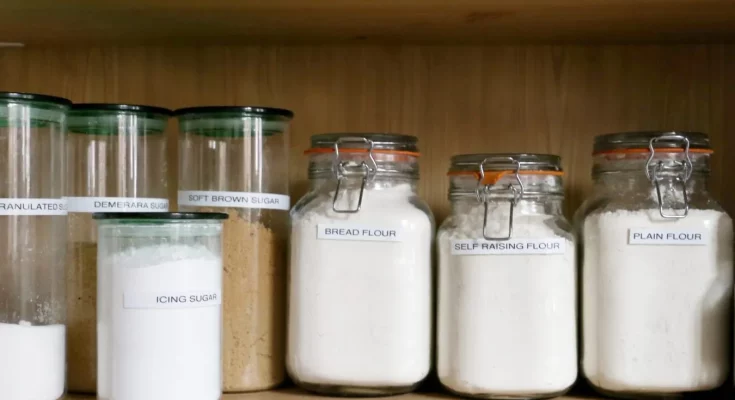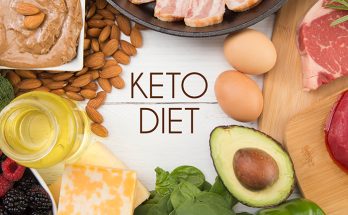Organic flours are grain-based products that meet the same standards as organic food items. Organic flours are made from grains grown without synthetic fertilizers, herbicides, or pesticides and have not been processed with chemical additives like preservatives and colorings.
They are also free of genetically modified organisms (GMOs). Organic flours are available in various types, such as wheat, rye, buckwheat, spelt, and barley.
More about organic flour
This flour is high in nutrients, such as vitamins and minerals. Additionally, organic flour can make various baked goods and other recipes. When baking with organic flour, it is important to note that the texture will often differ from traditional white or wheat flour due to its lack of gluten. To ensure your recipe turns out as expected, you may need to adjust your methods or ingredients.
You can use soaking, sprouting, or fermenting methods to make the organic flour more digestible and nutritious. Additionally, you can combine different types of organic flours to create gluten-free blends better suited for baking. Organic flour is a healthy and sustainable option for those looking to enjoy baked goods without sacrificing nutrition or taste.
Organic flours are more expensive than conventional flours due to the premium on organic farming techniques and processes. However, organic flour is worth considering if you look for a healthier option that does not contain GMOs or chemical additives.
Buying organic flour can help support organic farmers and your local community. It can also be a great way to reduce your environmental footprint through sustainable practices. Organic flours are available in grocery stores, health food stores, or online specialty retailers. Look for the USDA Organic seal on the packaging to ensure your product is truly organic.
Benefits of organic flour
Organic flours offer numerous benefits over conventional flour products:
1- They are healthier
If you are a health-conscious individual, organic flours are a great choice as they are free of synthetic chemicals and other potentially harmful additives. Organic flours also contain more fiber than their conventional counterparts, making them beneficial for digestive health.
Fiber is integral for healthy digestion, preventing constipation and other digestive issues.
2- They are tastier
Organic flours usually have a more intense flavor than their conventional counterparts due to the lack of chemicals and additives. This makes them much more desirable for baking, as they lend unique flavors to baked goods.
Organic flours can be a great alternative if you do not like the taste of conventional flours.
3- They are more environmentally friendly
Organic farming techniques are designed to have a minimal negative environmental impact. This means that the soil where organic grains are grown is kept healthy and productive for future generations. Organic farming practices also help preserve biodiversity by avoiding unnecessary pollution and chemical use. This makes organic flour a great choice for those looking to reduce their environmental footprint.
Organic flour can be a great choice for those looking for healthier options free of synthetic additives and GMOs, as well as those who want to support sustainable farming practices. When buying organic flour, look for the USDA Organic seal on the packaging to ensure that your product is truly organic.




